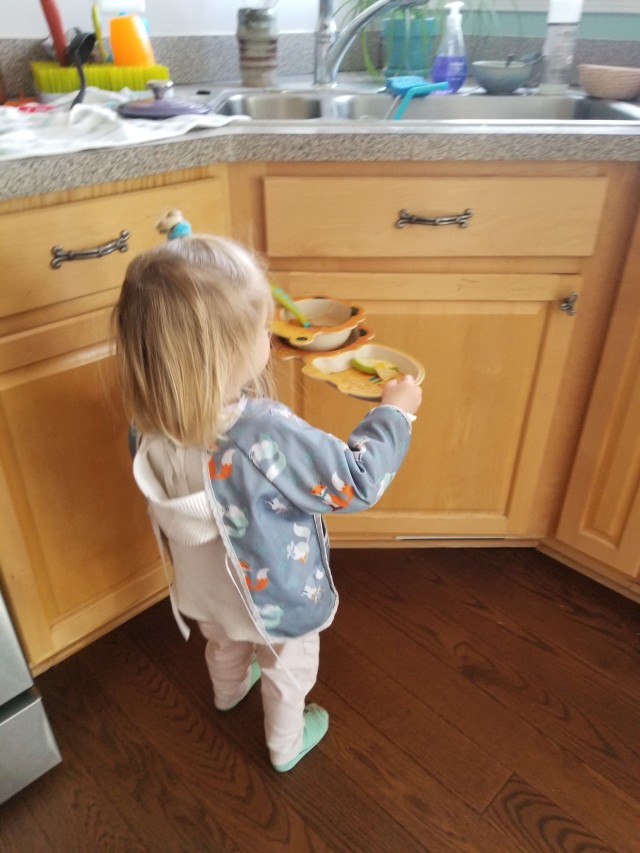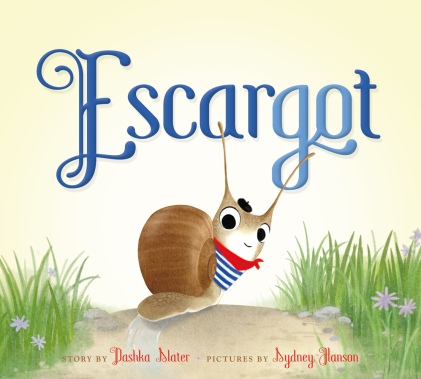Have you ever found yourself moving through life, certain aspects are getting harder, but you don’t really notice how much the challenges are rising around you until suddenly you are completely drowning in them?
 As a freshman in high school, I started in the math class track that continued the trajectory I’d been on in middle school. The problem: things moved a little faster than I could grasp in high school. I didn’t know where to begin in terms of asking for help, so I just didn’t. I went through the motions: doing my homework, going to class, but quiz and test scores quickly indicated I was completely in over my head. My amazing, generous teacher spent hours after school helping me. I grasped the concepts, but it soon became clear the pace of that course wasn’t ideal for me, so I changed tracks the following semester. I didn’t give up on the subject, but I needed to find a different avenue that supported my abilities better.
As a freshman in high school, I started in the math class track that continued the trajectory I’d been on in middle school. The problem: things moved a little faster than I could grasp in high school. I didn’t know where to begin in terms of asking for help, so I just didn’t. I went through the motions: doing my homework, going to class, but quiz and test scores quickly indicated I was completely in over my head. My amazing, generous teacher spent hours after school helping me. I grasped the concepts, but it soon became clear the pace of that course wasn’t ideal for me, so I changed tracks the following semester. I didn’t give up on the subject, but I needed to find a different avenue that supported my abilities better.
Fast forward to early adulthood and I found myself demanding help when struggles arose sometimes. That, I painfully learned, can really push people away (as you may be well aware- but I had to learn the hard way). In my current stage of life, I find it more helpful to try to identify what my goals/ideal situation, determine my needs, and brainstorm and seek creative solutions to achieving them. I don’t demand something of one specific person, but I recognize my limitations and needs and reach out to find ways to address and support them with clear, kind, open communication to the best of my ability.
My most recent example was this past fall. As I neared the birth of my (2nd) daughter and we were living in a new place with no family or close friends around, I knew we would need help and support around the birth. So I reached out and was grateful to build new friendships nearby and also host several family members to visit back-to-back and be to care for our oldest (2 year old) daughter while I was in the hospital. We ended up feeling very supported, growing closer to loved ones and neighbors, and having wonderful visits both before and after the baby was born.
Are you comfortable asking for help?
Some of us have a hard time asking for help. You may not want to be a burden on others. Do consider the weight your ask is on someone. Again, this is why an ask, not a demand is important. Perhaps you recognize you are struggling, but don’t know what would help. How do you ask for help if you don’t know what you need?
Asking for a specific help is not always the answer. Often being honest and transparent with people close to us about our struggles brings the aide we need. By opening up about challenges, even just hoping support is possible, we not only strengthen our connections with others, but in the process, the help we need has a way of showing up.
What you are doing for those who support you?
If you provide a compassionate sounding board and bring your skills and strengths to the relationship, you’re probably on a good track. But if the answer is: not much, then maybe it’s time to find some ways to give back and show your appreciation.
From foster moms to physicians, software engineers to stay at home dads, we all have struggles and successes. Being honest with ourselves and others about these experiences can help us keep things in perspective. The types of friends we open up with will also make a huge difference in the quality of feedback and support they can provide.
Next time you find yourself a little off your A-game, consider asking yourself some of the questions below. And while you are thinking about what you need, do something kind for someone else. You’ll feel a little better.
Do you recognize when you need support?
Do you let your close friends and family know when you are struggling with something?
Is it difficult for you to let others in enough to know you could use their help?
Why?



